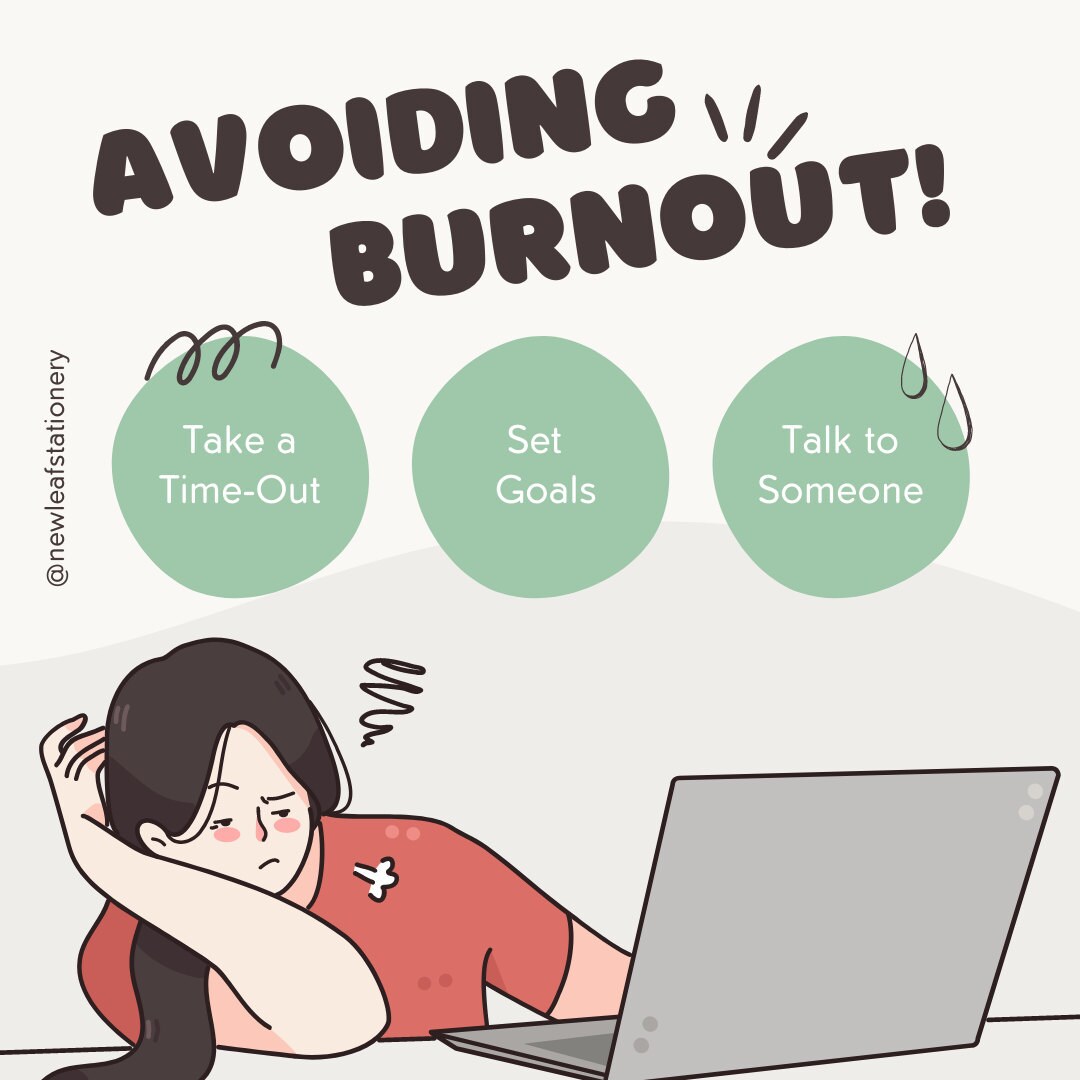As a student, it's easy to get caught up in the endless cycle of studying, attending classes, and completing assignments. This can often lead to burnout - a state of emotional, mental, and physical exhaustion caused by prolonged stress. Burnout can have a negative impact on your academic performance, mental health, and overall well-being. However, with the right strategies, you can avoid burnout and maintain a healthy balance between your academic responsibilities and personal life. Here are some tips on how to avoid burnout as a student:
- Prioritize self-care: Taking care of your physical and mental health should be your top priority. This includes getting enough sleep, eating a balanced diet, exercising regularly, and taking breaks throughout the day. Make sure to set aside time for activities that bring you joy and help you relax.
- Manage your time effectively: Time management is essential for avoiding burnout. Create a schedule that allows for adequate study time, breaks, and leisure activities. Use tools like calendars, to-do lists, and productivity apps to help you stay organized and on track.
- Set realistic goals: It's important to set goals that are achievable and realistic. Break down larger goals into smaller, manageable tasks, and celebrate your progress along the way. Avoid setting unrealistic expectations for yourself, as this can lead to feelings of failure and burnout.
- Seek support: Don't be afraid to ask for help when you need it. Reach out to friends, family, or a counselor if you're feeling overwhelmed or stressed. Many universities also offer support services for students, such as tutoring, counseling, and wellness programs.
- Take breaks and practice mindfulness: Taking regular breaks and practicing mindfulness can help reduce stress and promote relaxation. Try taking a short walk, practicing deep breathing, or meditating for a few minutes each day.
- Stay connected: Maintaining social connections can help prevent burnout and promote overall well-being. Make time for friends and family, and participate in clubs or organizations at your school.
By prioritizing self-care, managing your time effectively, setting realistic goals, seeking support, taking breaks, practicing mindfulness, and staying connected, you can avoid burnout and maintain a healthy balance as a student. Remember, taking care of yourself is the key to academic success and overall well-being.

